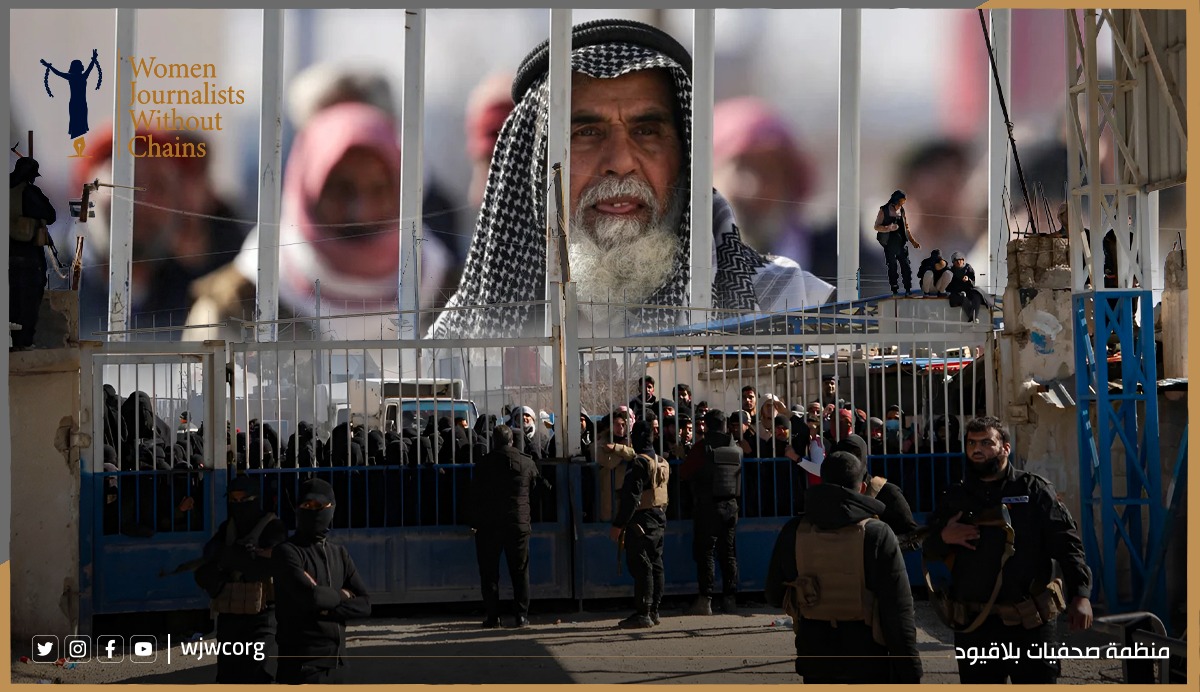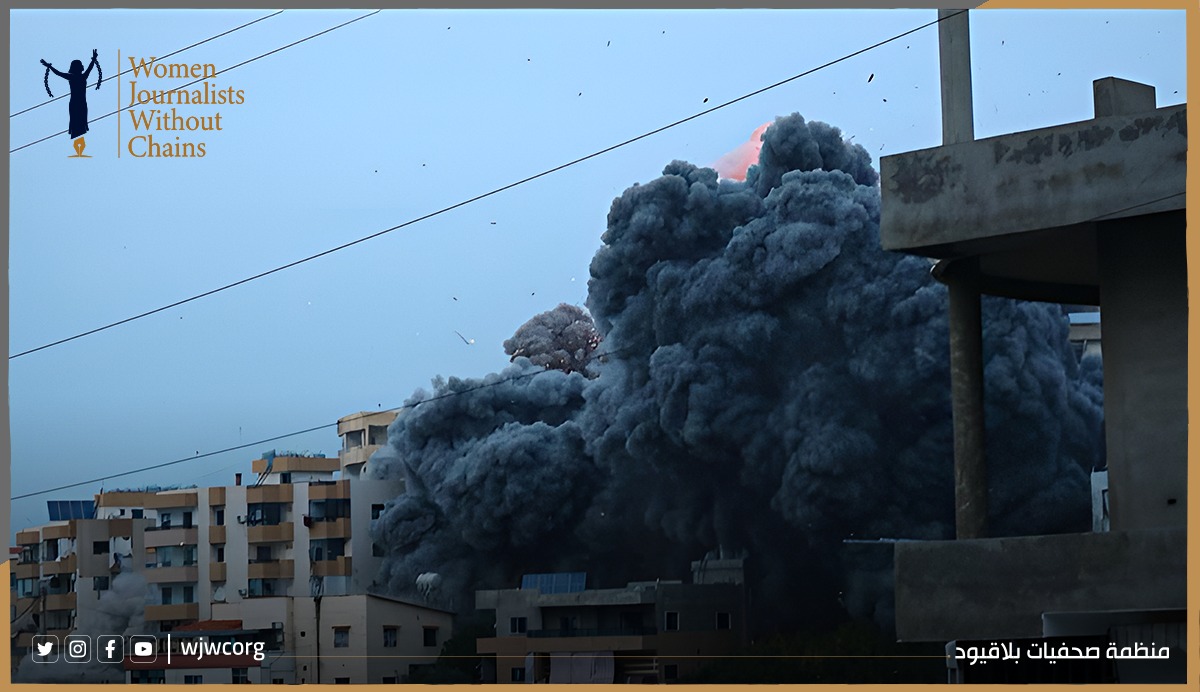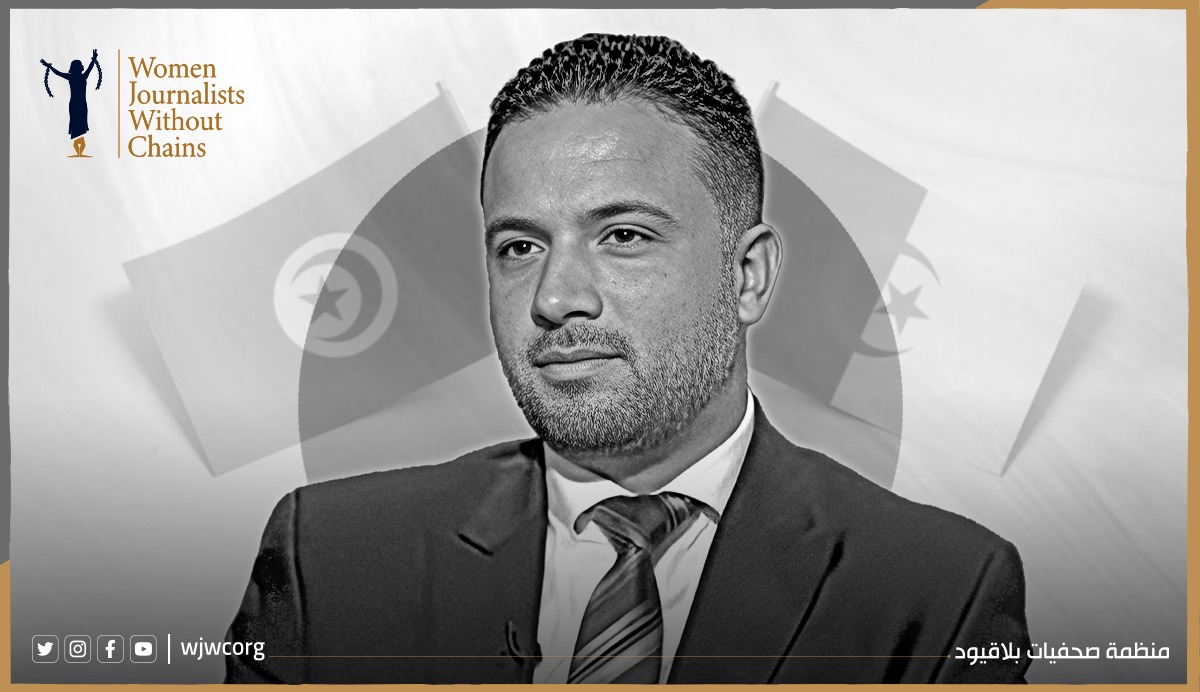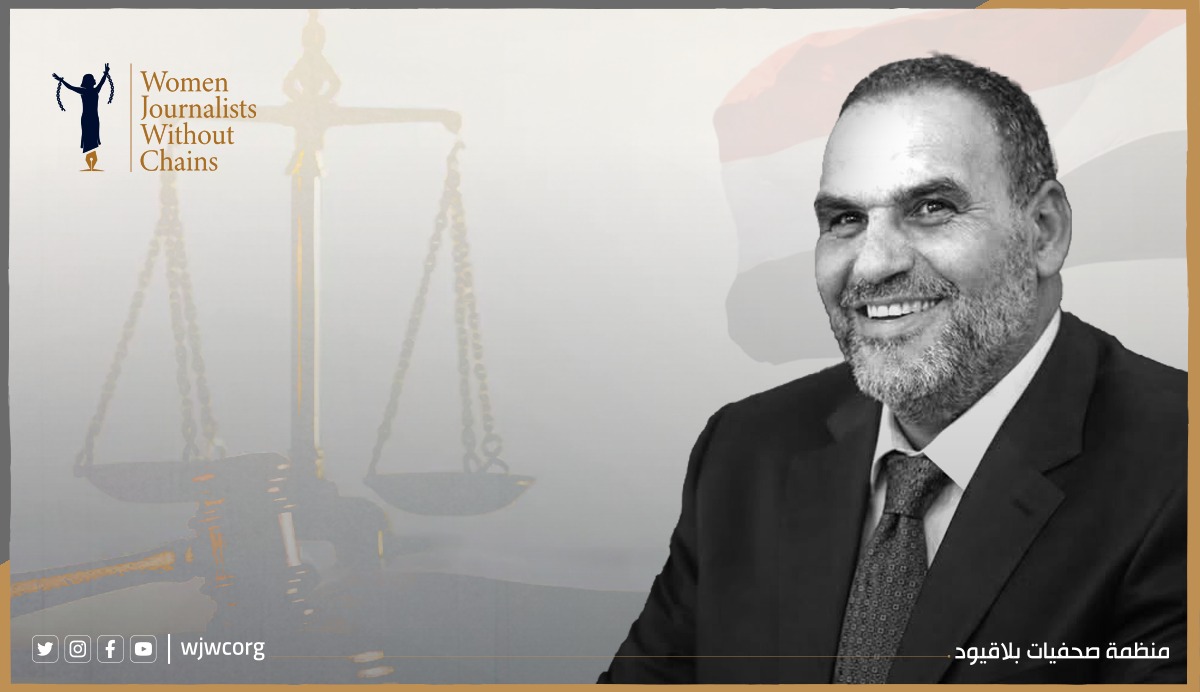Seeking Justice in Sudan: Holding Journalists' Killers Accountable

Despite the passing of over two weeks since the killings of Sudanese journalists, Muawiyah Abdulrazzak and Makkawi Mohammed Ahmed, in separate attacks, no investigation has been launched into these heinous crimes.
The organization "Women Journalists Without Chains" is deeply concerned about the targeted assassinations of Sudanese journalists, as their deaths bring the total number of journalist fatalities to eight, including two female journalists, since the onset of the civil war.
Since April 2023, during the conflict between the Sudanese Army under Lieutenant General Abdel Fattah al-Burhan and Mohamed Hamdan Dagalo ("Hemedti"), leader of the Rapid Support Forces, journalists in Sudan have endured dire circumstances. Violations against them have escalated to unprecedented levels in the past decade. Journalists are now at a heightened risk, with eight fatalities occurring while covering or as a direct consequence of the conflict.
On June 4th, independent investigative journalist Muawiyah Abdulrazzak, along with three of his family members, was killed in their home in the Al-Daroushab area, located north of Khartoum Bahri. The Rapid Support Forces were said to be responsible for orchestrating the attack. Adding to the tragedy, on June 5th, journalist Makkawi Mohammed Ahmed from the Sudan News Agency (SUNA) was also slain. He was one of the victims of the devastating massacre in Wad Al-Nurah village, Al-Jazirah state, where more than 150 residents tragically lost their lives, with the Rapid Support Forces being accused of committing this heinous crime.
While it is still uncertain whether the Rapid Support Forces deliberately targeted journalists, colleagues of Muawiyah and Makkawi state that their reports and coverage of the country's ongoing tensions have unsettled certain parties and individuals within the nation. Both sides of the conflict have refused to investigate the killings of the eight journalists, which occurred since the war began. Among them are Samaher Abdelshafi, a journalist from Radio Zalingei, who was killed in June 2023 by a shell in a displacement camp after fleeing with her family at the war's onset, and Halima Idris Salim, a journalist with "Sudan Bukra," who was fatally run over by a vehicle belonging to the Rapid Support Forces in October while performing her professional duties in Omdurman.
Tawakkol Karman, Nobel Peace Prize-winning head of Women Journalists Without Chains stated, "The loss of journalists is a significant blow to Sudan, and we will not rest until the perpetrators are held accountable for their crime, ensuring that all journalists can work freely and safely in Sudan."
Escalating Violations
Amidst a surge in violations against Sudanese journalists in recent weeks, there has been a notable lack of effort by Sudanese authorities, including the de facto authorities, to investigate these grave violations. This negligence has allowed perpetrators to evade punishment.
With 90% of the Sudanese media ceasing operations and numerous journalists relocating to neighboring countries due to fears of reprisals from both sides of the conflict or the inhospitable conditions caused by intensified battles in their areas, the presence of independent journalists within Sudan plays a crucial role in uncovering and disseminating factual information to the public.
Women Journalists Without Chains holds both sides of the conflict fully accountable for the security and safety of male and female journalists, and views the failure of Sudanese army commanders and the Rapid Support Forces to investigate crimes committed against journalists as direct complicity in these violations.
In addition to the killings, male and female journalists in Sudan have faced immense pressure from the conflicting parties, which has hindered their work and posed threats to their safety. Dozens of journalists, including at least five women, have been imprisoned and subjected to torture by both sides of the conflict, enduring weeks or even months of investigation before some were eventually released. The conditions they have endured have been miserable and extremely harsh. Both sides of the conflict, particularly the Rapid Support Forces, appear to exploit the disappearances and killings of journalists as a means to hide facts and suppress information about their violations from the public.
Women Journalists Without Chains has documented a minimum of 28 journalists being injured, including 10 cases of deliberate gunfire targeting Sudanese female journalists. These incidents have occurred as journalists sought safety by fleeing their areas and relocating to other locations. Shockingly, even after confirming their identities as journalists, some of these individuals were specifically targeted while performing their journalistic duties. Furthermore, both sides of the conflict have been involved in attempts to run over female journalists. In a distressing development, Women Journalists Without Chains has also recorded a case of sexual assault against a Sudanese journalist.
Numerous Sudanese journalists have faced threats as both sides of the conflict aim to manipulate journalists as tools to propagate their official narratives and advance their agendas. Journalists operating within territories controlled by either faction encounter two significant challenges: the filtering of information and restricted access to neutral and reliable sources. Furthermore, even when they manage to gather such information, they frequently face prohibitions on its publication. As a result, journalists often resort to self-censorship out of fear of retaliation.
In response to the escalating violations faced by journalists in Sudan, Women Journalists Without Chains demands:
- Immediate and comprehensive investigations into journalist killings, holding criminal officials accountable for justice.
- Unconditional release of kidnapped journalists and investigations into all violations against them.
- Ensuring the security and safety of all journalists in Sudan.
- International responsibility to protect journalists in life-threatening conditions and hold violators accountable.
- Concrete steps by Sudanese authorities, including de facto authorities, to promote freedom of expression and protect the right to information.
- Journalists resisting self-censorship, publishing neutral and reliable information while prioritizing safety.
Released by: Women Journalists Without Chains
Saturday, June 22, 2024

 En
En  Ar
Ar 